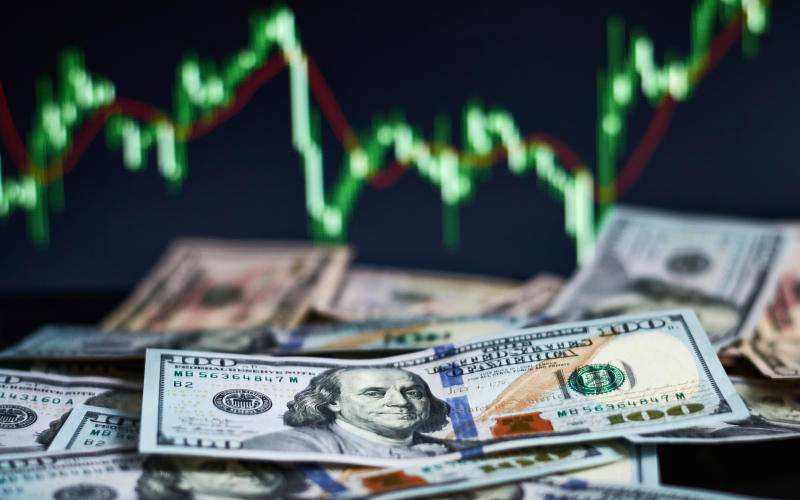×
The Standard e-Paper
Kenya’s Boldest Voice

The words “legal tender for one thousand shillings” on the back of the Sh1,000 banknote means that the currency must be accepted if offered in payment anywhere in Kenya.
However, if you buy cooking oil from a certain local edible oil manufacturer, then you might already have received a memo that weakens the power of your Sh1,000.